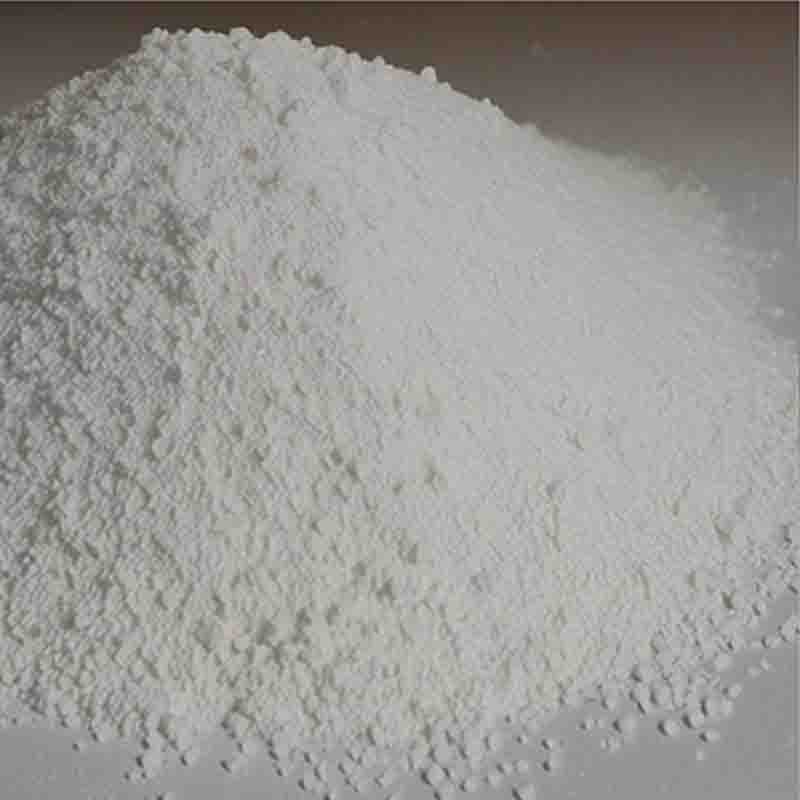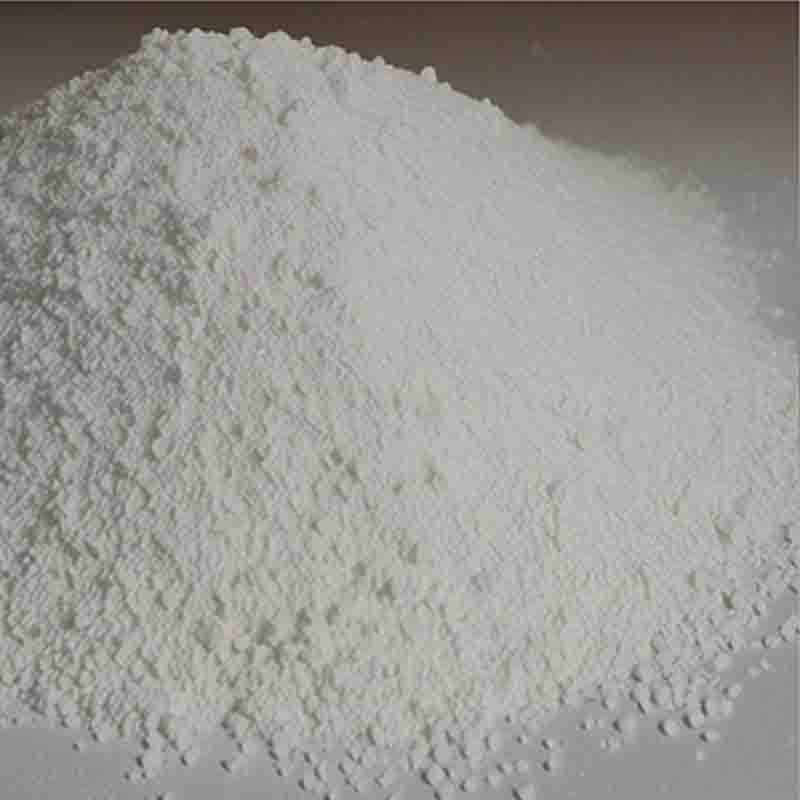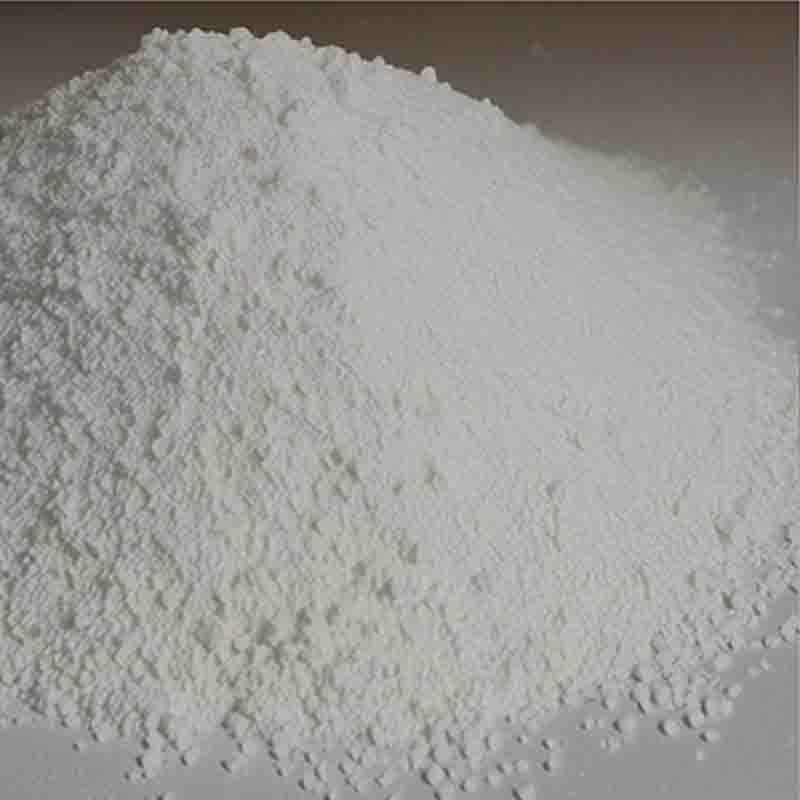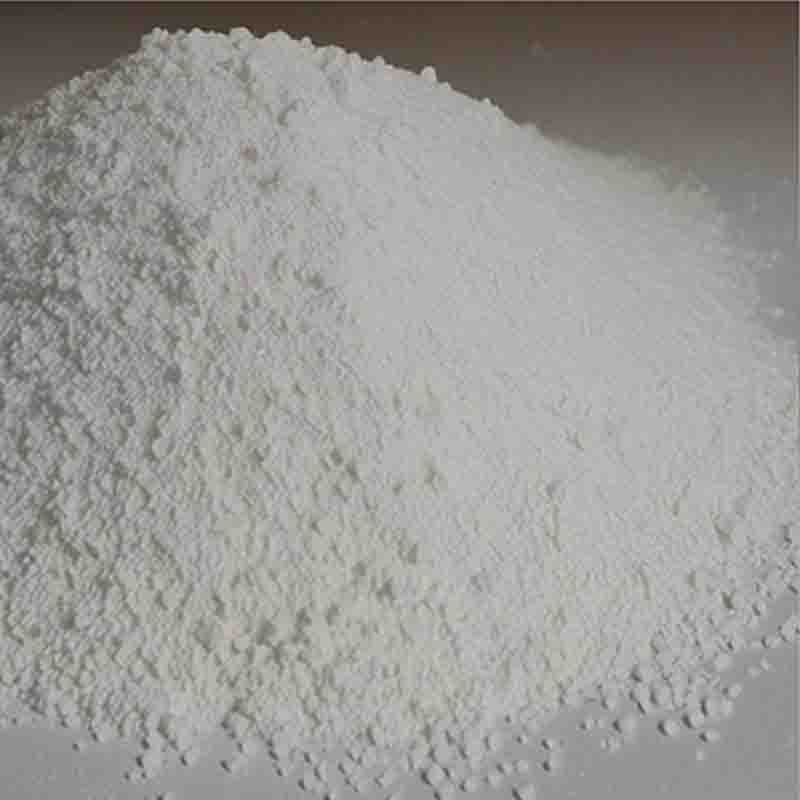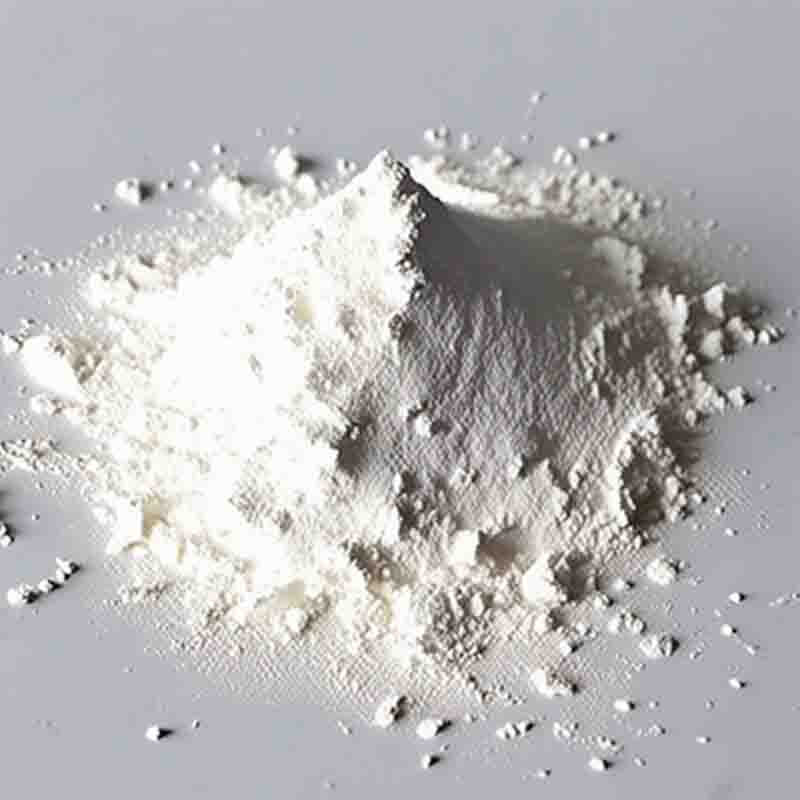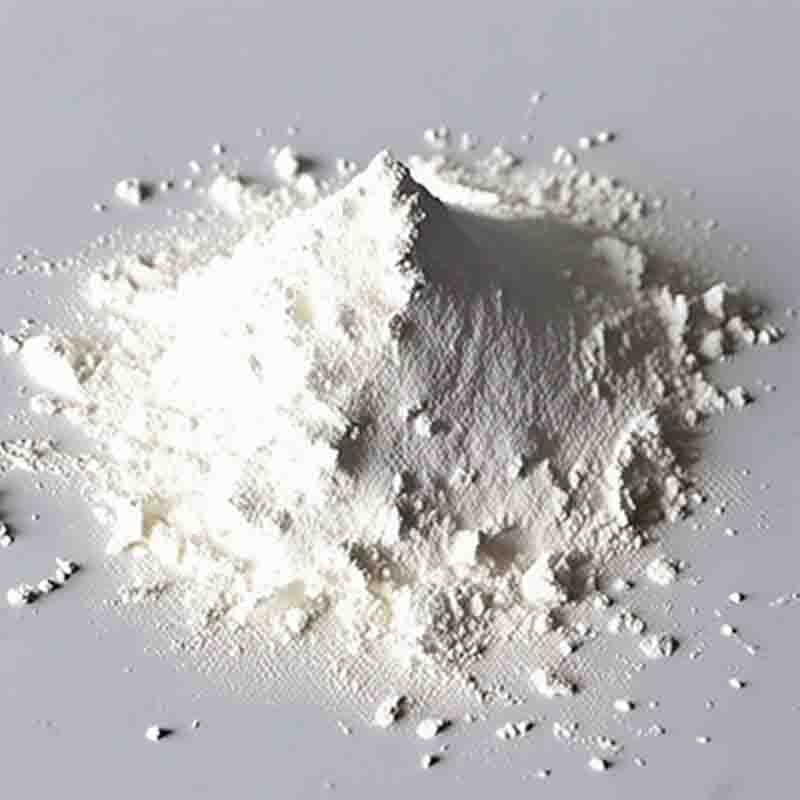4-Trifluoromethylsalicylic acid CAS: 328-90-5
| Catalog Number | XD93915 |
| Product Name | 4-Trifluoromethylsalicylic acid |
| CAS | 328-90-5 |
| Molecular Formula | C8H5F3O3 |
| Molecular Weight | 206.12 |
| Storage Details | Ambient |
Product Specification
| Appearance | White powder |
| Assay | 99% min |
4-Trifluoromethylsalicylic acid is a chemical compound with the molecular formula C8H5F3O3 and a molecular weight of 210.12 g/mol. It is commonly referred to as TFMSA or Triflusal. This compound belongs to the class of salicylic acid derivatives and has gained attention in pharmaceutical research due to its potential therapeutic uses.One of the key uses of 4-Trifluoromethylsalicylic acid is its antiplatelet and anti-inflammatory properties. It functions as an inhibitor of platelet aggregation and thromboxane synthesis, making it a potential candidate for the prevention and treatment of cardiovascular diseases, such as stroke and heart attack. TFMSA inhibits the activation of platelets, which are crucial for the formation of blood clots. By inhibiting this process, TFMSA helps to reduce the risk of clot-related disorders.Furthermore, 4-Trifluoromethylsalicylic acid has been found to have anti-inflammatory effects. It inhibits the production of inflammatory mediators, such as prostaglandins and leukotrienes, which play a role in various inflammatory conditions. These properties make TFMSA useful in the treatment of inflammatory diseases, including rheumatoid arthritis and osteoarthritis.In addition to its antiplatelet and anti-inflammatory activities, 4-Trifluoromethylsalicylic acid has shown potential in other therapeutic areas. It has been found to possess antioxidant properties, which help to combat oxidative stress and reduce the damage caused by free radicals. This antioxidant activity suggests that TFMSA could be beneficial in the treatment and prevention of conditions associated with oxidative stress, such as neurodegenerative disorders and cardiovascular diseases.TFMSA also exhibits anti-tumor activity, making it a potential candidate for cancer therapeutics. It has been shown to inhibit the growth of various cancer cell lines and induce apoptosis (programmed cell death). These anticancer properties of 4-Trifluoromethylsalicylic acid open up possibilities for its use in cancer treatment and research.It is worth noting that although 4-Trifluoromethylsalicylic acid shows potential in various therapeutic applications, further research and development are needed to fully understand its mechanisms of action, optimize its properties, and evaluate its safety and efficacy. Clinical trials are necessary to assess its effectiveness and determine appropriate dosages for human use.In conclusion, 4-Trifluoromethylsalicylic acid holds promise as a versatile compound with potential therapeutic uses. Its antiplatelet, anti-inflammatory, antioxidant, and anticancer properties make it a valuable candidate for the development of drugs aimed at treating cardiovascular diseases, inflammatory disorders, oxidative stress-related conditions, and cancer. However, further research is required to explore its full potential and ensure its efficacy and safety.


